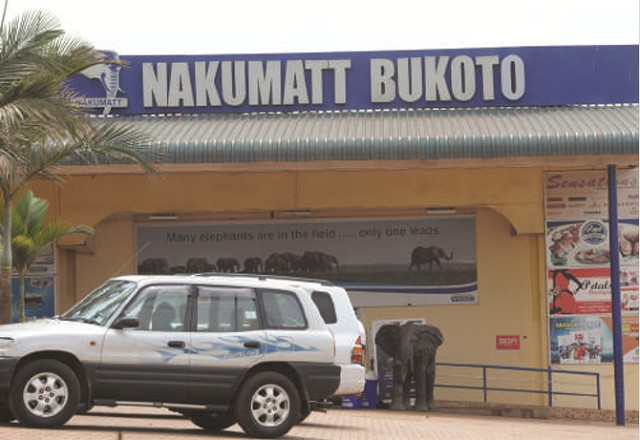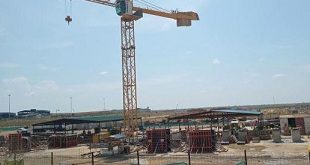
Retail chain finalises plans to pay suppliers debts, revamp outlets
Finally, there is good news at the outlets of Nakumatt Holdings in Uganda following an announcement by Atul Shah, the group managing director, that it was getting a US$75 million (Approx. Shs282.4 billion) capital injection.
Shah said in a statement signed on Feb.04 and published on Feb.11 by Renson Matundura, the Nakumatt Uganda Ltd Marketing Co-ordinator, that all the paperwork for the capital injection has been finalized.
According to the statement, the new money is in form of an equity acquisition of 25% from an undisclosed buyer.
The first tranche of the money; US$40milllion (Approx. Shs 150 billion) is expected to be available at the end of this month and the last one in in April.
“This will relieve a lot of pressure as we will be able to clear a lot of overdue suppliers and service providers outstanding in Uganda,” the statement said, adding that: “We want to reaffirm that we are committed to the Uganda market and see the future potential this economy has to offer”.
And, without saying so directly, the Nakumatt managers signaled that they were aware that the new US$75 million (Approx. Kshs7.8 billion) is far smaller than the KShs18 billion that Nakumatt group owed at the height of its financial crisis in December 2016. The volume of the Ugandan tranche of Nakumatt debt is not clear.
But shah said “After the capital injection, we will work on full restructuring of our debts into long term funding on sustainable rates and terms, from overseas to reduce the current high costs of borrowing locally”.
News of the capital injection first surfaced in January in the media in Kenya where Nakumatt which is the East African region’s biggest retailer is headquartered. At the time, it was reported that new equity is from an unnamed international investor and that Nakumatt was also recruiting a Chief Marketing Officer, Andrew Dixon, the 30-year retail executive veteran from the British multinational retailer, Tesco.
Nakumatt Uganda suffered a flight of suppliers towards end of 2016 when information surfaced that it was failing to meet its financial obligation.
Call it bad timing, but Nakumatt’s woes followed on the heels of the acrimonious closure of Uchumi Supermarket, another Kenyan retail chain in the previous year, which left unpaid suppliers raiding its stores to grab stock, fridges, and anything they could lay their hands on. Uchumi reportedly closed with Shs8.8 billion in unpaid bills for the goods and services supplied.
At the time, a visit by The Independent to the retail chain’s outlet at Oasis Mall on Yusuf Lule Road in Kampala showed empty shelves.
But a recent visit to the same outlets recently showed that business is starting to pick-up. The display refrigeration areas, deep freezers, and aisles were slightly better stocked.
 The Independent Uganda: You get the Truth we Pay the Price
The Independent Uganda: You get the Truth we Pay the Price



